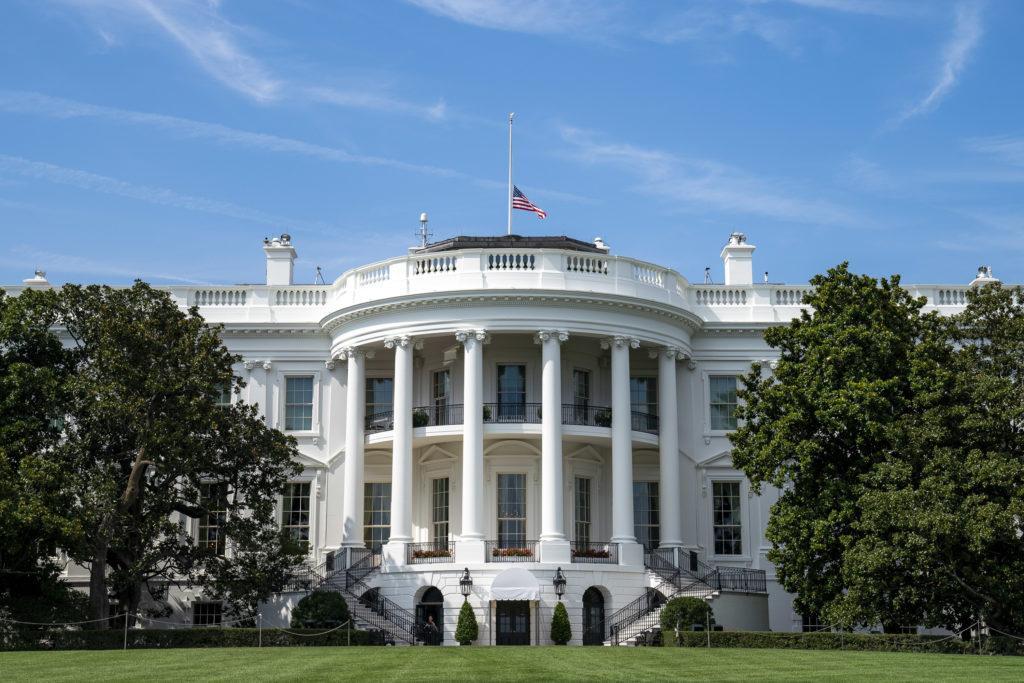The Biden administration is urging Israel to devise a comprehensive strategy to protect Palestinian civilians in Gaza’s southern city. This appeal comes amid ongoing regional tensions and violence, underscoring the necessity for a proactive approach to safeguard innocent lives.
Prioritizing Civilian Safety in Gaza
Amid the recent intensification of the Israel-Palestine conflict, the Biden administration is pressing Israel to formulate a detailed plan to ensure the safety of Palestinian civilians in Gaza. This shift highlights a renewed focus on protecting vulnerable populations, emphasizing the critical importance of upholding human rights and minimizing unnecessary harm.
Strengthening Security Protocols in Gaza
Given the volatile situation in Gaza, it is imperative for Israel to implement robust security measures that prioritize the well-being of Palestinian civilians. This includes ensuring access to essential services like healthcare and education, and creating safe havens for individuals during conflicts.
Collaborative Peace Efforts
Achieving lasting peace and stability in the region requires collaboration between Israel and Palestine. By addressing the root causes of conflict and fostering mutual understanding, both parties can work towards a more secure and prosperous future for Gaza’s residents.
Future Steps Towards Peace
Looking ahead, Israel must take proactive measures to protect Palestinian civilians in Gaza. By developing a comprehensive plan that prioritizes the safety and well-being of all individuals, Israel can demonstrate its commitment to human rights and peaceful coexistence with its Palestinian neighbors.
the Biden administration’s call for an Israeli plan to protect Palestinian civilians in Gaza reflects a renewed focus on promoting peace and security in the region. By prioritizing the safety of vulnerable populations, Israel can take significant steps towards building a more stable and prosperous future for all Gaza residents.
White House Considers Response to Potential Israeli Invasion of Rafah
As tensions escalate in the Middle East, the White House faces a challenging decision on how to respond if Israel proceeds with a potential invasion of Rafah. This complex situation could have significant regional and global implications. This article delves into the conflict’s background, the potential consequences of an invasion, and the factors the White House must consider in its response.
Historical Context of the Conflict
The Israel-Palestine conflict is a deeply rooted issue with historical and political complexities. Central to the dispute is the ongoing contention over land and borders, with both sides claiming territory. Rafah, located in the southern Gaza Strip, has been a significant point of contention in recent years.
Key Aspects:
- Rafah is strategically positioned on the Gaza-Egypt border.
- Israel has previously conducted military operations in Rafah in response to security threats.
- The city has experienced numerous violent clashes between Palestinian militants and Israeli forces.
Implications of a Potential Invasion
If Israel defies President Biden and invades Rafah, the repercussions could be substantial for all involved parties. The situation could rapidly escalate, potentially leading to a full-scale conflict in the region. Potential consequences include:
Possible Outcomes:
- Enhanced security measures in the region
- Risk of civilian casualties and a humanitarian crisis
- International condemnation and diplomatic fallout
Considerations for the White House
The White House must weigh several critical factors when formulating a response to a potential Rafah invasion. Key considerations include:
Strategic Factors:
- Historical responses to similar situations
- Alliances and diplomatic relationships in the region
- Domestic political implications
Informed Decision-Making
It is crucial for the White House to carefully evaluate these factors and make a well-informed decision that considers the interests of all parties. The situation is dynamic and evolving, and the White House’s response could have far-reaching implications for the region and beyond.
Conclusion
the White House faces a complex decision on how to respond if Israel defies President Biden with a potential invasion of Rafah. The situation is intricate and could have significant regional and global consequences. It is essential for the White House to consider all factors and prioritize peace and stability in the region.
The post White House Considers Response to Potential Israeli Invasion of Rafah appeared first on lawyer.bet.




